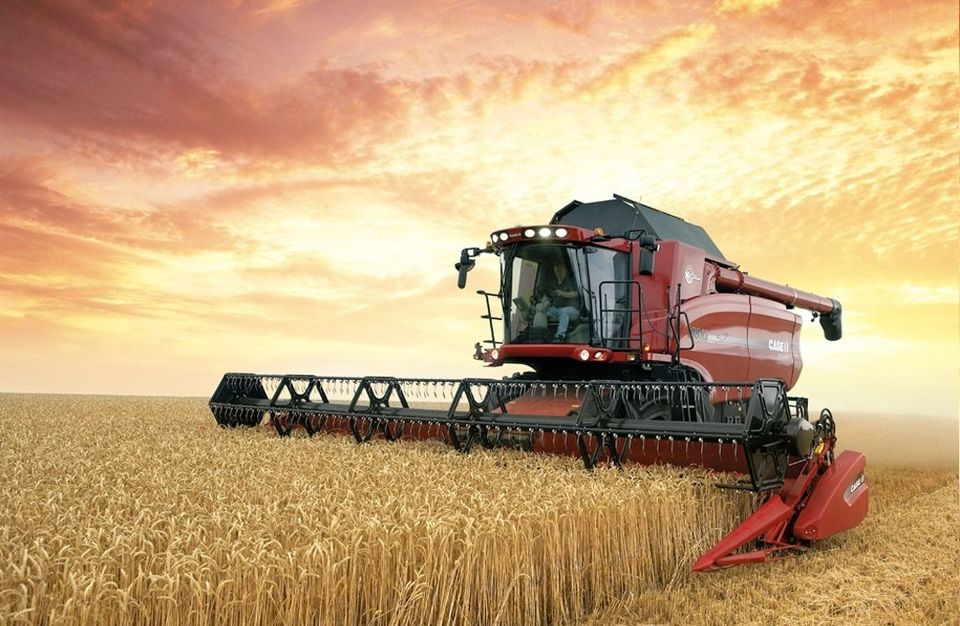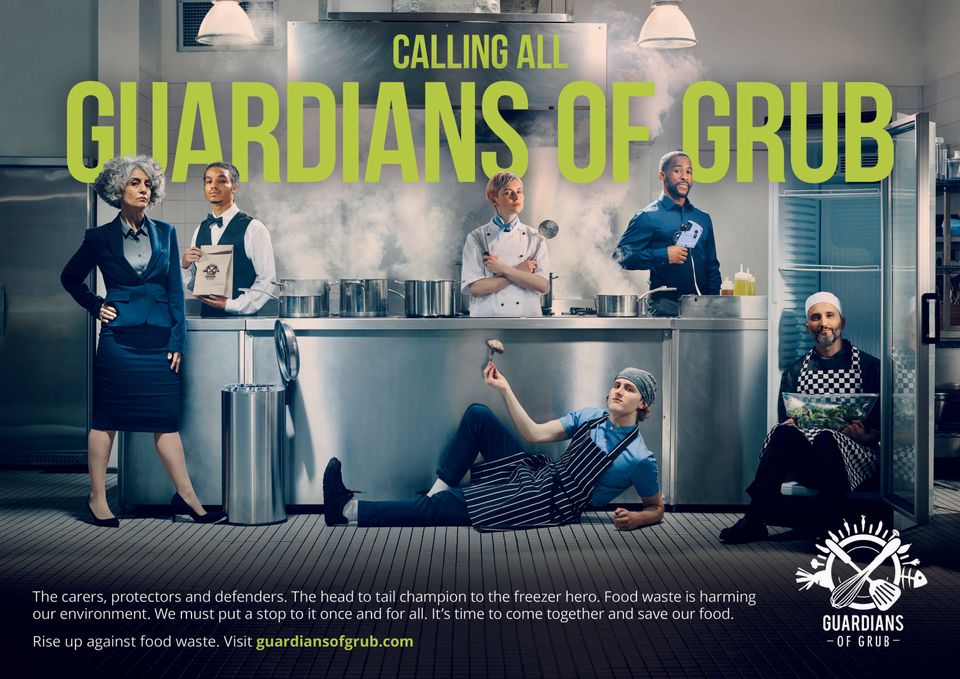What does today’s review of the UK’s food system mean for hospitality tomorrow?
Mark Wright • 4 September 2019
What does today’s review of the UK’s food system mean for hospitality tomorrow?
Earlier this year the government announced that they had appointed Henry Dimbleby to lead a landmark review of Britain’s food system to determine a national strategy for Brexit and beyond.
You may recognise the surname from Henry’s esteemed father David, he of Question Time fame, but the erstwhile Dimbleby carries his own reputation and credibility within the hospitality industry. Co-founder of Leon, the ‘naturally fast food’ restaurant chain founded in 2004, Henry Dimbleby also founded the Sustainable Restaurant Association in 2009, the not-for-profit membership organisation which works with food businesses towards sustainability in their sectors.
Aside from his works within the food industry Henry Dimbleby, alongside his Leon co-founder John Vincent, wrote on behalf of the government in July 2013 ‘The School Food plan’. The paper made recommendations on what the government could do to get children to eat well at school as well as what role cooking and food should play in schools. All told, Dimbleby has the requisite industry credentials and the understanding of how to work within governmental departments in order to tackle a style of report not seen since the end of the 2nd World War.
How times have changed
The last such review report was commissioned to plan how the country would feed itself following the end of the War, and while it seems inconceivable that it has taken over 70 years for such a report to be revisited again, the challenges facing the government around the issue of food sustainability are non-the-more stark.
As the population continues to grow and lives longer, the breakneck farming techniques needed to keep the food production pace required to feed this growing population is causing damage to the environment and the consequences are found in public health. Add to this reporting from the Trussell Trust that in the 12 months to March 2019 there was a 20 percent increase in the distribution of food packages (taking the total to £1.6 million packages over that time), it is clear that the report due in 2020 is overdue and badly needed to help shape the future of our food strategy for generations to come in this country.
But what does it all mean?
From the farm to the fork, the report will for the first time cover these topics from across departmental Cabinet agencies looking to pull together the strategies from the likes of the Agricultural Bill and the Environmental Bill coming out of DEFRA (Dept for Environment, Food and Rural Affaris), the Childhood Obesity plan coming out of the Cabinet and the industrial strategy of BEIS (Business Energy Industrial Strategy).
While it is unclear at this point what the government’s 2020 white paper will contain in ways of conclusions from Dimbelby’s report and its recommendations, what we can safely assume is that those of us connected with the food service industry will soon find ourselves at cross-roads.
The choice is likely to be, do we make an ethical stance in supporting sustainability for the good of the health of the country and it’s generations to come, or do we continue down our current path of end-game self-destruction with the ‘easier’ (and likely ‘cheaper’) choice of continuing with our current practises.
What are we willing to give-up?
Should we be asking ourselves, what are we willing to change and what are we willing to give up to support long-term sustainability within our sector? Is the choice as simple as protecting short term profit at the expense of long-term vision, particularly when those of us currently in the thick of our careers may not see the benefit within our lifetime?
Perhaps now is the time to take guidance (and some would say inspiration) from current operators who have already made that decision and are driving their business models forward with their flag well and truly planted in the lands of sustainability.
Ahead of the curve
‘Spring’ can be found in the nation’s capital and only uses fruit and veg grown in Britain which is deemed the wrong size or shape for the retail sector and would otherwise find itself discarded (40% of this countries fresh produce falls into this category!).
Taking sustainability to the next level ‘Silo’ of London have successfully eliminated waste by composting every scrap of leftover food directly on-site. The business also crushes all waste glass for their local potter to make into ceramics and fittings right down to the chairs have been repurposed and upcycled. www.silolondon.com
These two are merely a handful of progressive businesses looking to improve sustainability within the industry. For those businesses who are already offering a commitment to reducing food waste and improving sustainability but may not be as progressive as other venues across the country, the movement ‘Guardians of the Grub’ offer free resources to aid food businesses as a campaign to reduce food waste. www.guardiansofgrub.com
Have your say
It is clear that Henry Dimbleby has a real challenge in front of him to propose an overarching strategy that delivers safe and healthy food, is robust as well as sustainable and humane, restores and enhances the natural environment for the next generations, and also delivers this in a cost-effective way.
To this end he is encouraging those who are within the food industry, in whatever capacity and where-ever they contribute on the journey from farm to fork, to get involved. You have an opportunity to make your voice heard regardless of where you fall on this topic during this period of a call for evidence
HERE.
Protecting profit verses protecting the environment. Self-interest verses sustainability. The choice is coming.
Have your say today and contribute opinion on strategy that will affect you tomorrow, before others make those choices for you.
See you at the bar...
Mark




